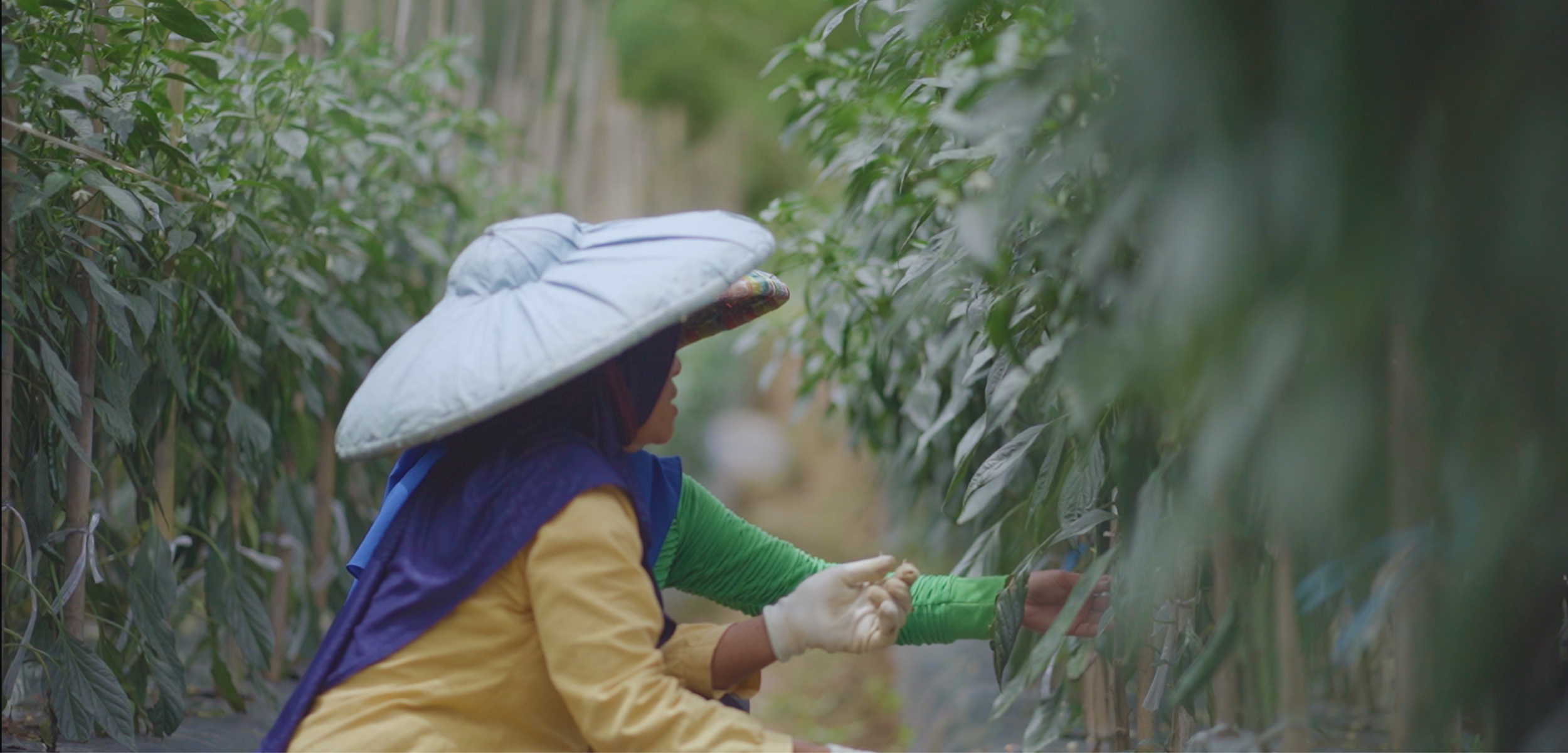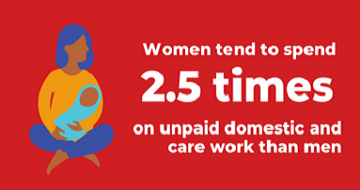
The issue of exclusion
In our region, disadvantaged people, mostly women, face significant barriers to growing their business and livelihoods.
Sara has been working on her family’s farm in Indonesia her whole adult life. She has planted seeds, harvested crops, managed labour, and organised supply and distribution - all while caring for her children and in-laws.
One day she decides she would like to rent her own piece of land to start a small horticulture business. She knows the extra money will help pay for her daughter’s education.
She visits her local bank, a four hour trip away, but is turned down. Her house and land is in her husband’s name; she has no paperwork under her own name; and the bank teller is not used to dealing with female clients. On her way home, she starts thinking about the loan shark who recently visited her village - is that her next option?
In our region, disadvantaged people, mostly women, face significant barriers to growing their business and livelihoods. Underserved by local financial institutions, they are excluded from the formal economy, are unable to access ethical finance and do not have the training to build their business and take control of their livelihoods.
If we enable women to access finance, money skills and business opportunity, we know they are more likely to invest their takings into their family. We also know a more stable financial position for a woman means a more resilient family - better prepared for disaster and income loss and less likely to slip into poverty.
Economic empowerment for women and the marginalised is also about human rights - giving more people the same opportunity to participate in the economy, access decent work and be in control of their own financial decision making.
Finally, breaking down barriers to financial inclusion leads to economic growth in developing countries - particularly in crucial sectors such as agriculture and food production. A stronger future for women and the disadvantaged builds a stronger future for everyone in our region.
Good Return Report: Barriers to financial inclusion for women in Nepal
The Good Return team has a deep understanding on the issue of financial inclusion, also recognising the cultural contexts that shape this issue. Our recent research done in Nepal reveals a complex web of barriers faced by women building business. The report also recommends how to tackle these barriers and build more opportunity for women.
Good Return Report: Understanding challenges faced by women entrepreneurs when starting and growing a business in Cambodia.
In 2022, Good Return led timely research in partnership with Monkiri, to fill a knowledge gap on women’s entrepreneurship in Cambodia. At present, the majority of research on this topic focuses on the barriers that prevent women from launching their own businesses. Our report focuses on the challenges faced by Cambodian women when they start and strive to grow their businesses.
Read about financial inclusion in Cambodia.
We made this video for International Women’s Day 2022 to explain the biases women face when it comes to accessing finance.






